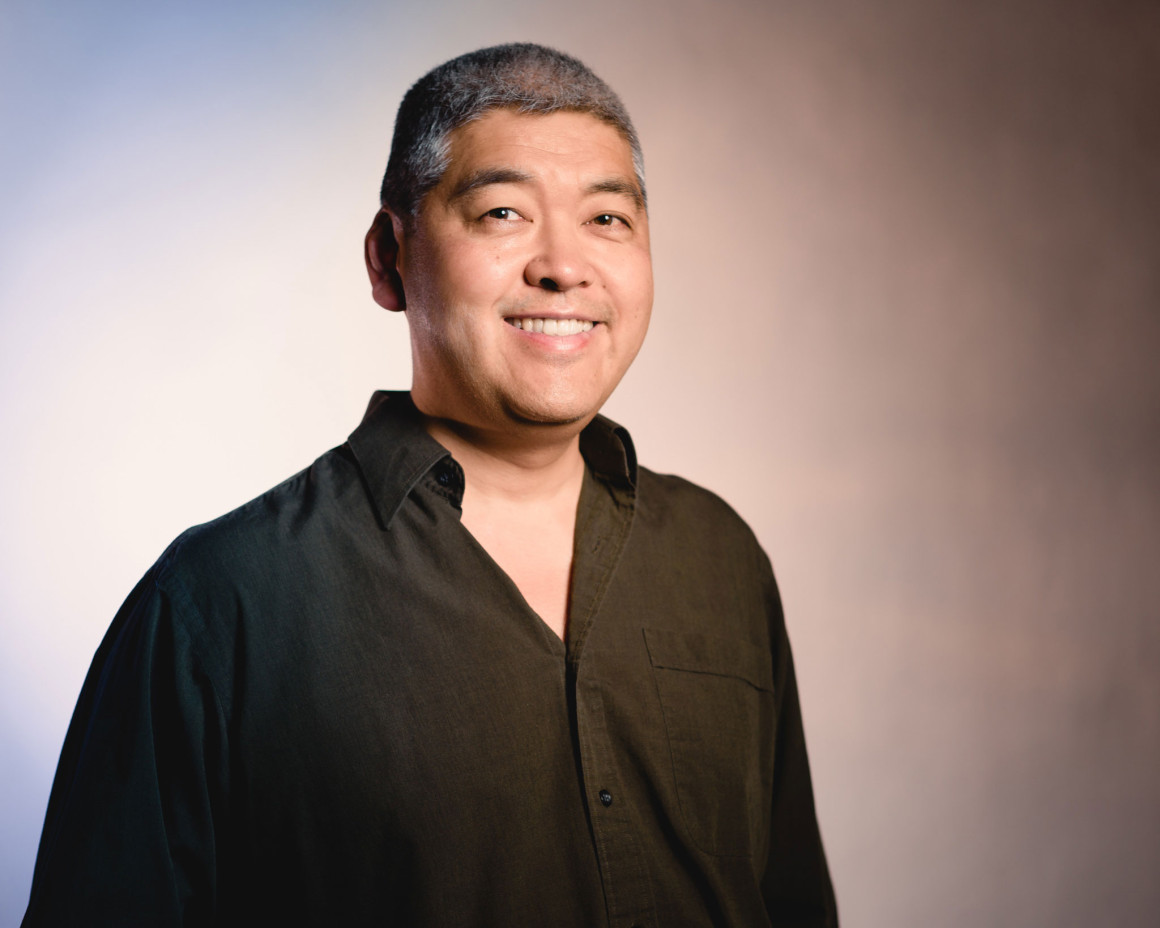
U of C professor wins $1.65-million grant for carbon capture research
By Fabian Mayer, May 28 2015 —
A University of Calgary professor has been awarded a six-year, $1.65-million grant to train students in carbon capture technologies.
Carbon capture seeks to mitigate climate change by collecting carbon emissions from power plants, usually storing it underground.
The Collaborative Research and Training Experience (CREATE) grant is awarded by the National Sciences and Engineering Research Council of Canada. CREATE grants are meant for research of high strategic importance to Canada.
Chemistry professor George Shimizu will lead the training program.
“It’s definitely a high value problem for Canada. It’s an area right now that Canada doesn’t have enough trained people specifically in,” Shimizu said.
Shimizu wants to make the process of capturing greenhouse gases more efficient. He believes energy production must be both environmentally and economically sustainable.
“To make it sustainable you’d like to turn it into something that’s not just non-volatile, [but] something that can be used meaningfully and ideally something that can be used to make more energy,” Shimizu said.
However, given Canada’s current policies, he doubts the technology will be widely used any time soon. Canada has relatively lax greenhouse gas regulations and no national tax on carbon emissions. Higher carbon taxes or a cap on emissions would make carbon capture more economically viable.
“Barring some substantial political policy incentives, I’d say low oil and few policy incentives [make] it simply not good business,” Shimizu said.
Shimizu is more optimistic about applying the emission-reducing technology in developing countries like India, where many people live without electricity.
“You can’t say as a first-world country that they can’t have the same lifestyle,” Shimizu said. “These are places where I actually think we might have more buy-in just because they’re actually building new facilities and it’s an easier adaptation.”
Shimizu plans to train as many students as possible, claiming the grant will have positive spin-off effects.
“The number of students that benefit goes well beyond the number of students that will get paid,” Shimizu said. “Workshops and the courses that we offer, they’ll be available to everybody.”
